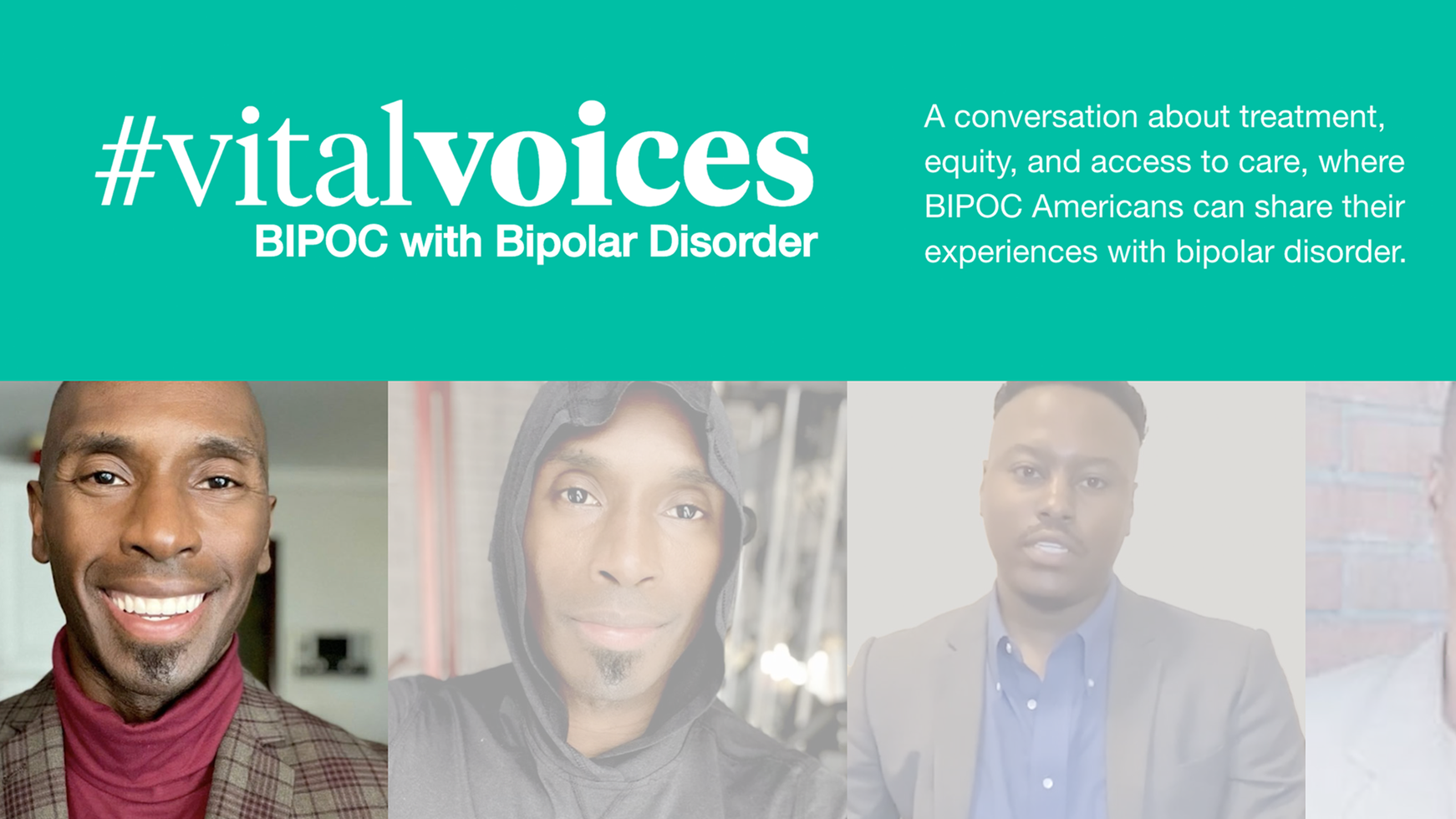Updated on November 8, 2023
Bipolar disorders are a type of serious mental illness that cause a person to experience intense episodes of moods and emotions. These episodes can include:
- Manic episodes, where a person may feel very energized and euphoric—but also more likely to engage in risky and potentially dangerous behaviors.
- Depressive episodes, characterized by low moods and negative emotions.
- Mixed episodes, which feature both manic and depressive symptoms.
There are several types of bipolar disorder, and symptoms and the patterns of episodes can vary depending on the type.
Bipolar disorders can interfere with many different aspects of a person’s life, including work, relationships, and personal goals. Having bipolar disorder may also put a person at an increased risk of other health conditions and problems.
What health conditions are associated with bipolar disorder?
People who have bipolar disorder are at an increased risk of several serious health conditions (when compared to people who do not have bipolar disorder). Examples include:
- High blood pressure (hypertension)
- Cardiovascular disease
- Type 2 diabetes
- Obesity
- Cancer
- Substance use disorders
- Sexually transmitted infections
- Thyroid dysfunction
- Asthma
- Migraines
- Dental problems
The above is not a comprehensive list of health conditions that affect people with bipolar disorder. Likewise, having bipolar disorder is not a guarantee of having another health condition. Diseases like those listed above are often the result of several contributing factors.
How can bipolar disorder affect physical health?
Because bipolar disorder affects behavior, it can affect many behaviors that are directly related to a person’s health.
- This includes the foods a person eats, how physically active they are, and habits like smoking, alcohol consumption, and using recreational drugs.
- People with bipolar disorder may also be more likely to skip preventive healthcare and screenings, delaying diagnosis and treatment for health conditions.
- People with bipolar disorder may be more likely to engage in behaviors that increase the risk of accidents or sexually transmitted infections.
Genetics
Genetics are believed to play an important role in the development of bipolar disorder (though the genetics of bipolar disorder are not fully understood). While more research is needed, medical researchers believe that mental health disorders and other health conditions share common genetic risk factors. Asthma is one example.
Poverty and stress
People who experience poverty during childhood and adolescence are more likely to be diagnosed with bipolar disorder (as well as other psychiatric disorders). Poverty is also considered a risk factor for many chronic diseases, including diabetes, cardiovascular disease, cancer, and substance use disorders. People experiencing poverty are also more likely to face barriers to care for any health condition.
Physical effects of mental illness
Mental illnesses like bipolar disorder can take a physical toll on the body—elevated heart rate, elevated blood pressure, elevated levels of cortisol (sometimes called the “stress hormone”). This may increase the risk of cardiovascular disease, metabolic disorders like type 2 diabetes, and obesity.
Medication side effects
Bipolar disorder is treated with medications, including mood stabilizers, neuroleptic drugs, and antidepressants. Different medications carry a different risk of side effects, but weight gain is a common side effect. Excess weight is a risk factor for many conditions, including type 2 diabetes and cardiovascular disease. Fatigue and drowsiness are other common side effects and may make it difficult to stay active or take care of oneself.
Staying healthy with bipolar disorder
Bipolar disorder is a serious mental illness that requires treatment—and getting and staying on treatment is the first step to staying healthy when living with bipolar disorder. Treatment for bipolar disorder is often overseen by a psychiatrist, a medical doctor that specializes in the treatment of mental health disorders.
In addition to working with a psychiatrist, work with a primary care provider. A primary care provider will oversee preventive care, recommended screenings, vaccinations, and referrals to any specialists you may need. A primary care provider can also advise you on ways to improve your health, including making changes to what you eat and how to exercise safely.
Your primary care provider and psychiatrist—as well as any other healthcare providers you are working with—should be updated on treatment for any health condition or conditions you have.






